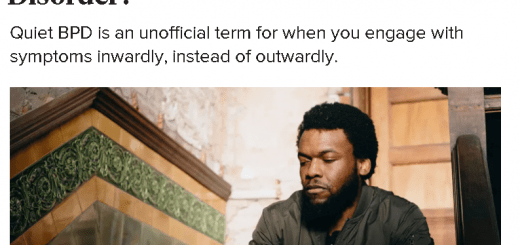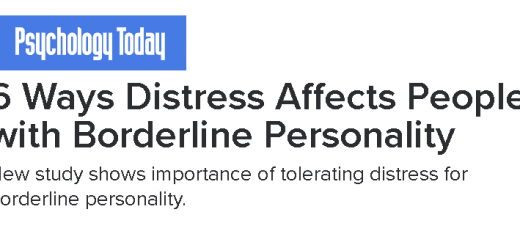The Importance of Family and Friends in BPD Recovery
Published · Updated
Family and friends play important roles in supporting and influencing an individual’s mental health, particularly with a complex condition like BPD. The relationships and connections within an individual’s social network can have both positive and negative impacts on mental well-being. There are several key aspects of the role of family and friends in mental health.
Emotional Support
-
- Positive Influence: Supportive family and friends can play an important role in providing emotional encouragement, understanding, and empathy, creating a positive impact on mental wellbeing.
- Validation: Having a support system that validates an individuals feelings and experiences can help reduce feelings of isolation and loneliness.
Stress Buffering
-
- Coping Mechanism: Close relationships can act as a shield against stress and adversity, providing individuals with effective coping mechanisms and strategies to help navigate life’s challenges.
- Sense of Security: Knowing that there is a solid support system in place can enhance a person’s sense of security and reduce anxiety.
Practical Support
-
- Assistance: Friends and family can offer much-needed practical help, such as helping with daily tasks, which can be particularly beneficial for individuals dealing with the challenges of living with BPD.
- Access to Resources: A strong social network can provide access to resources and information that may be helpful in managing BPD.
Social Connection
-
- Prevention of Isolation: Social connections play a crucial role in mitigating social isolation, which is a risk factor for BPD.
- Sense of Belonging: Feeling a sense of connection, and belonging to a social group, can contribute to a positive sense of self and overall mental well-being.
Understanding and Education
-
- Reducing Stigma: Educated and informed family and friends can contribute to reducing the stigma and discrimination associated with BPD. They can actively contribute to reducing negative perceptions and stereotypes about BPD and mental illness.
- Advocacy: Family and friends can advocate for mental health awareness, encouraging open conversations and seeking professional help when needed. They can also act as a bridge between an individual and healthcare professionals, when the individual is unwell.
Early Detection and Intervention
-
- Recognizing Signs: Close relationships enable family members and close friends to recognize any changes in behaviours or mood that may indicate the onset of mental health problems.
- Encouraging Help-Seeking: A supportive network can encourage individuals to seek professional help and provide support in accessing mental health services.
Long-Term Support
-
- Consistent Presence: The ongoing support of family and friends is crucial for individuals dealing with chronic mental health conditions. The stability of unwavering support can be vital in the recovery journey.
- Adaptability: As mental health needs may change over time, having a support system that is flexible and adaptable is important.
It’s important to acknowledge that the quality of relationships holds significance. Positive, supportive connections can serve as a safeguard for mental wellbeing, while toxic or unsupportive relationships might contribute to mental health difficulties. Professional mental health support is also essential, and friends and family should play a role in encouraging and facilitating access to treatment and resources.



